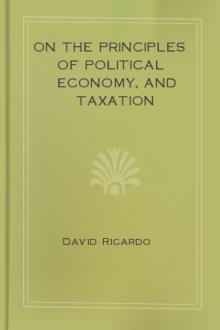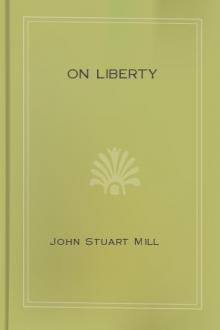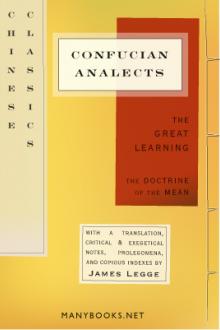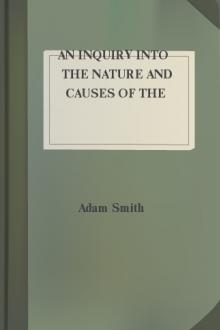On The Principles of Political Economy, and Taxation
Book Excerpt
It cannot then be correct, to say with Adam Smith, "that as labour may sometimes purchase a greater, and sometimes a smaller quantity of goods, it is their value which varies, not that of the labour which purchases them;" and therefore, "that labour alone never varying in its own value, is alone the ultimate and real standard by which the value of all commodities can at all times and places be estimated and compared;"--but it is correct to say, as Adam Smith had previously said, "that the proportion between the quantities of labour necessary for acquiring different objects, seems to be the only circumstance which can afford any rule for exchanging them for one another;" or in other words, that it is the comparative quantity of commodities which labour will produce, that determines their present or past relative value, and not the comparative quantities of commoditi

 Free Download
Free Download






















